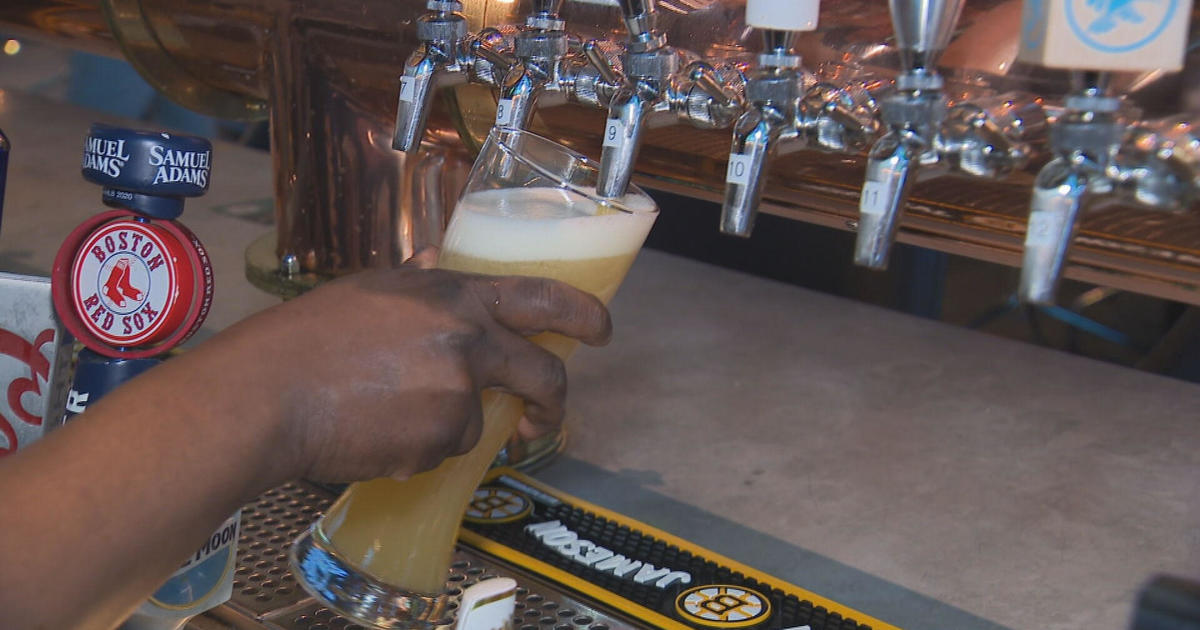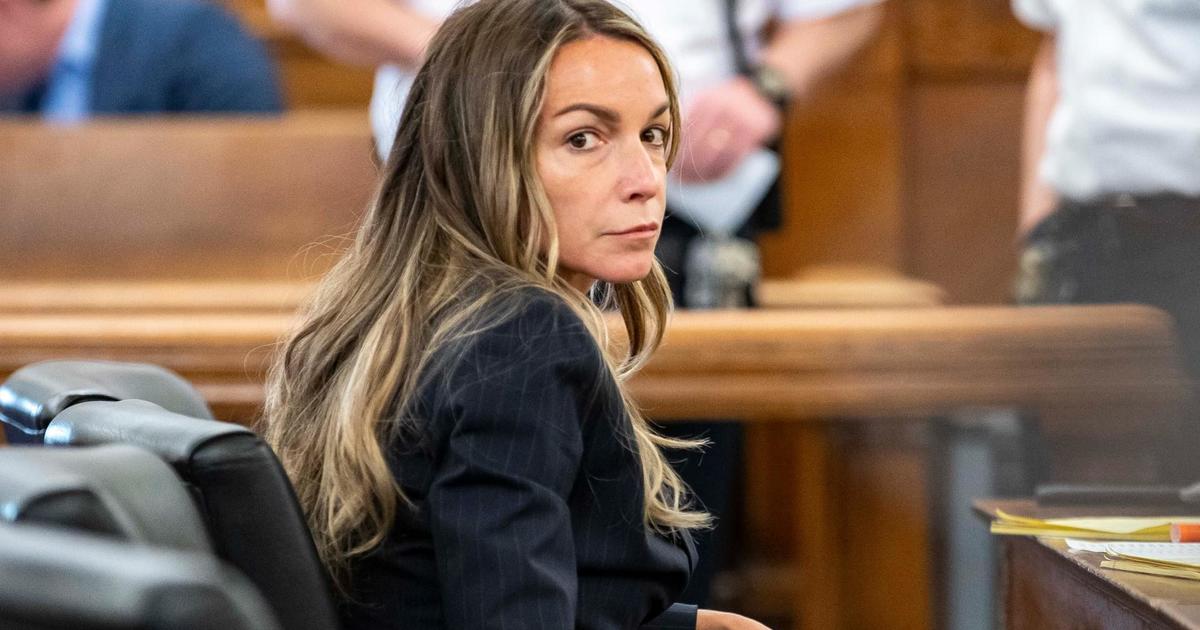Chronic Pain – Stories Of Struggle And Hope: Part 9 - Addiction Misconceptions
BOSTON (CBS) – Many people who take painkillers say they're being unfairly targeted in the current war on drugs.
The opioid crisis has been grabbing headlines for months. Gov. Charlie Baker has declared the opioid epidemic a public health emergency.
Over 1,200 Massachusetts residents have died from opioid overdoses in 2014. Cindy Steinberg is the policy council chair of the Massachusetts pain initiative.
"We know that 78 percent of people who are abusing these medications did not get them from a physician," said Steinberg. "They're getting them on the street, they're getting diverted, they're getting them from friends, they're buying them. And those probably were stolen from somewhere."
Read-Listen: Chronic Pain – Stories Of Struggle And Hope: The Series
Independent pharmacist and Naturopath Dr. June Shibley says some opioids like Percocet and Vicodin are harder to get these days - and that has consequences.
"The laws that cause it to be more restrictive are hurting the people who have long-term pain problems and are really helping the people that are selling the drugs on the street," Shibley said.
Clearly, not everyone who uses opioids is an addict or abuser. But the perception of abuse sometimes becomes reality.
Dana is 60 years old, a former merchant marine, and he says when people see him filling his prescription for morphine at his local pharmacy they look at him funny.
Most pharmacists, he says, have treated him well. But others not so much.
"They're very concerned that you're trying to pull something on them. They're shouting across the store 'Can he get this morphine today, is he ready?' It's all about dates and times and amounts," Dana says. "It's just like please, if you want to discuss this can we please go to a corner let's not have the whole store broadcast that I'm on these medications."
Susan worked as a pediatric nurse for 30 years. She says her experience with some of her local pharmacists hasn't been all that pleasant either.
"This person has already judged you and found you guilty of some crime. The crime of having pain," Susan said.
Dr. Shibley says there's a reason for this behavior.
"I think there's just a general ignorance of the circumstances that a person who has a long-term injury is in," she said. "They don't understand that they may need an increase in the opiates that they're getting."
Shibley says proper pain management - which includes dealing with a person's mental and emotional health - is desperately needed. And people with pain must make their voices heard.
Coming up in part ten, learn why there is hope in your health policy.
Listen: Part 9 - Addiction Misconceptions – Stories Of Struggle And Hope



